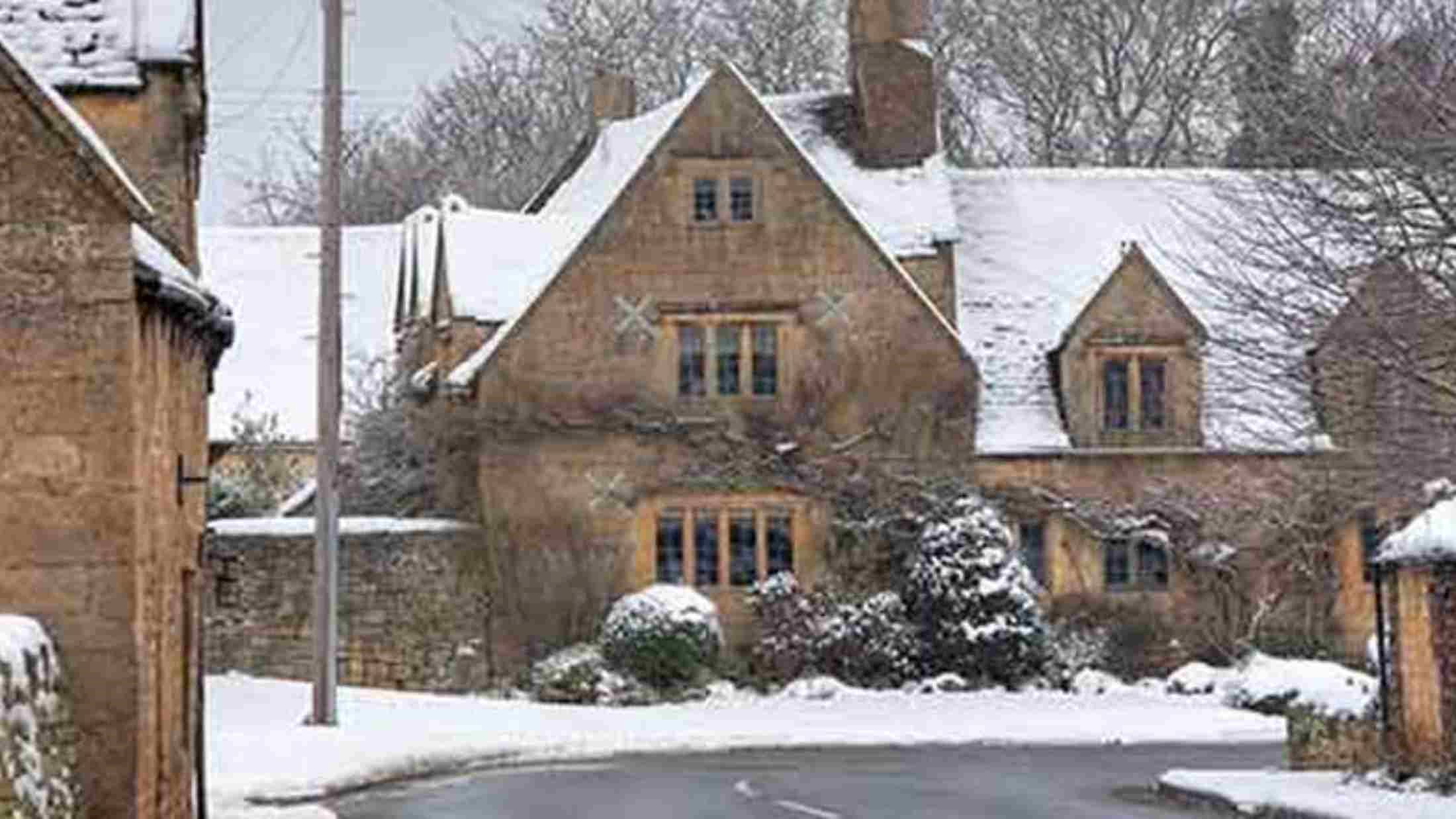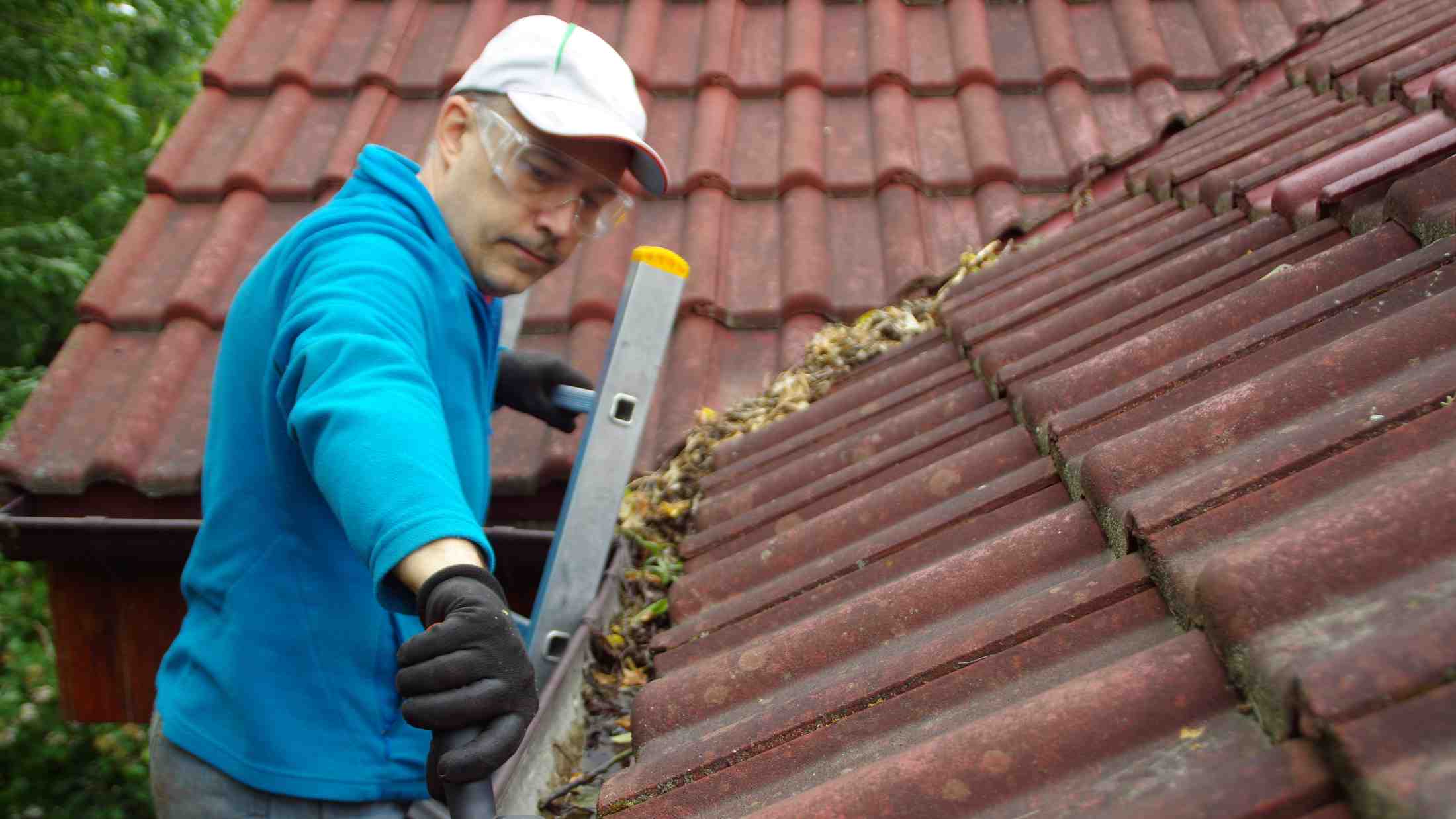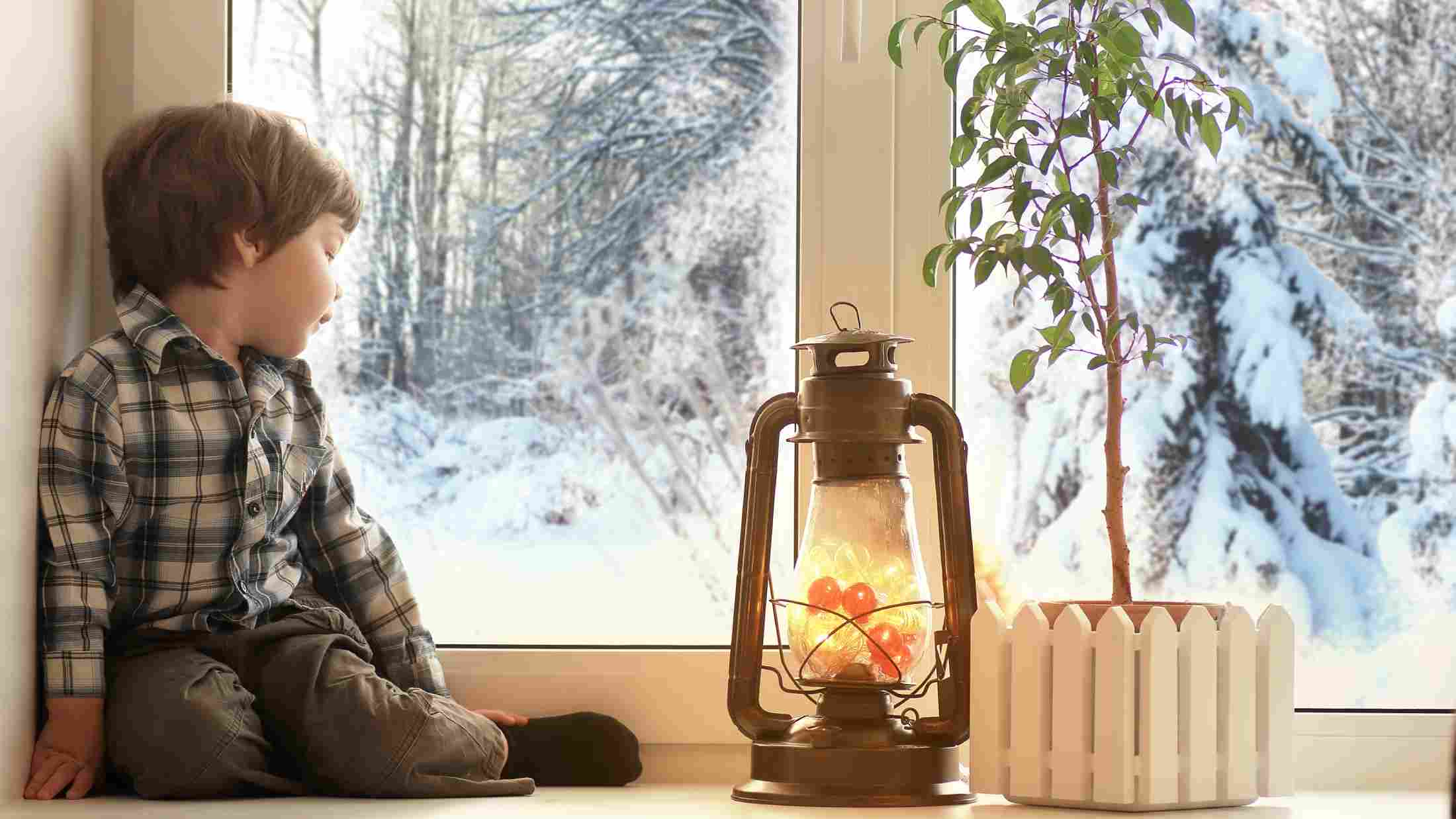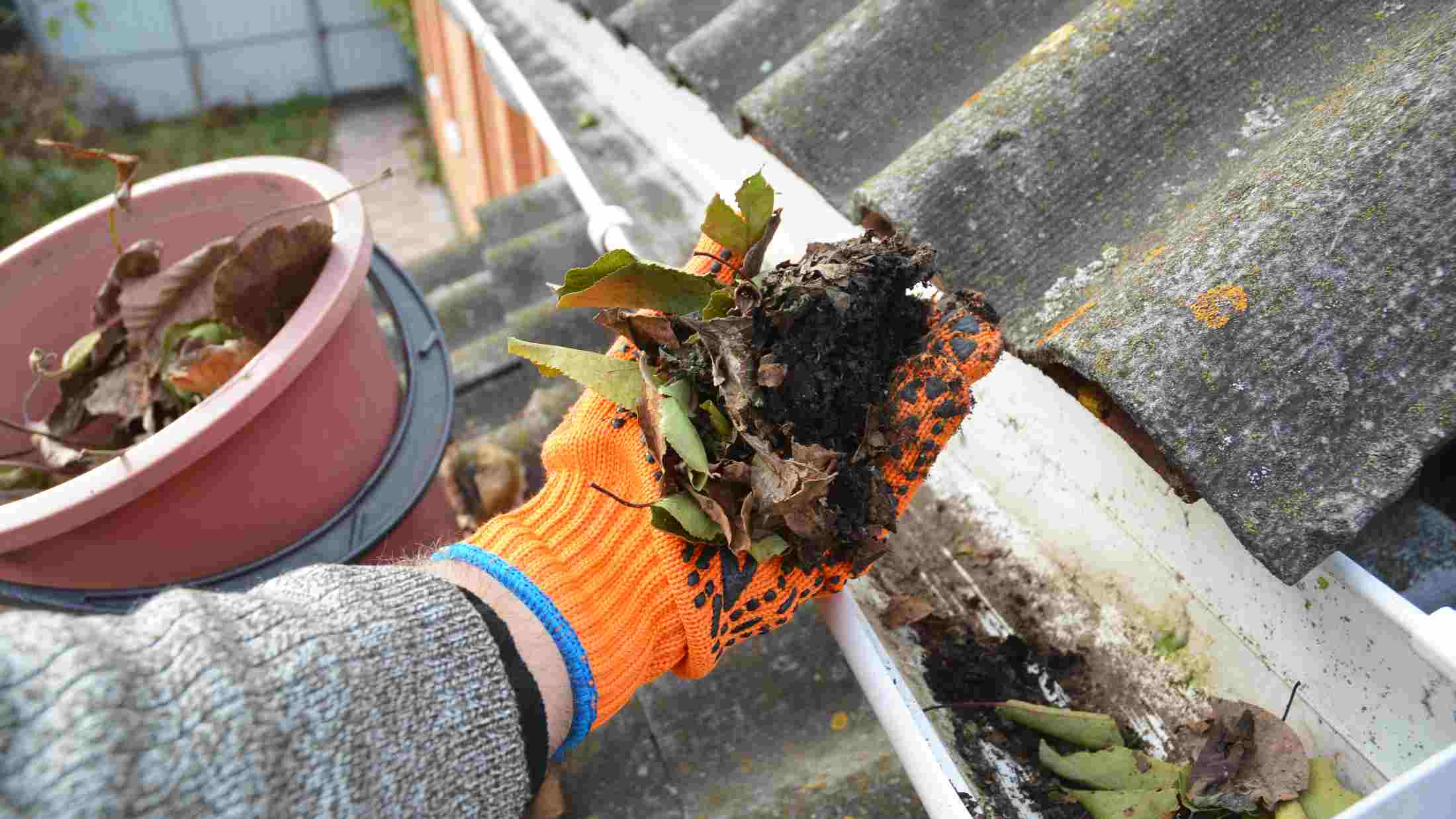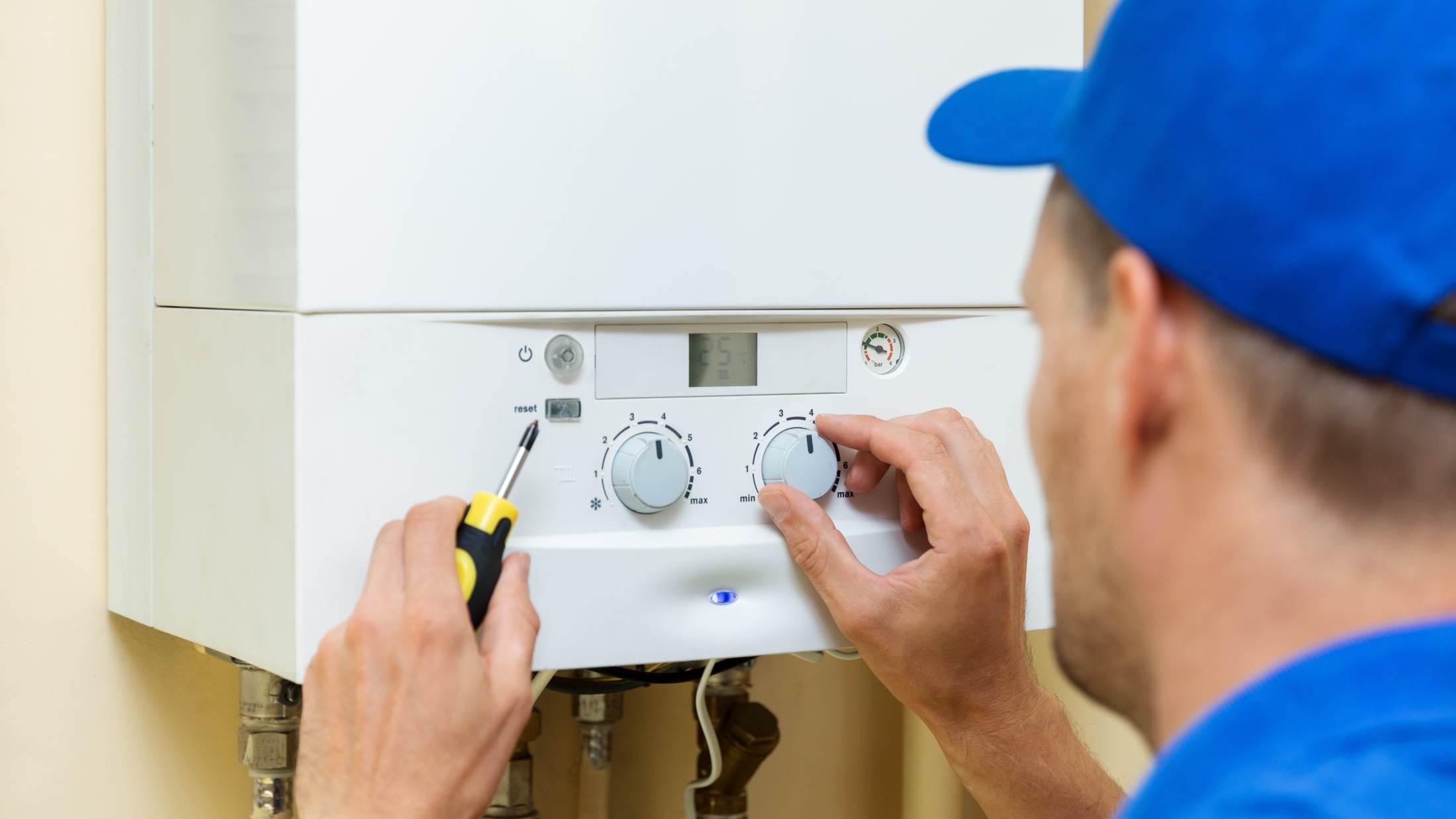Winter weather can worsen existing maintenance problems. Issues that started out as wear and tear can quickly become more serious when the bad weather hits. In this instance, the age-old adage: prevention is better than cure, couldn’t be more appropriate.
British winters can be particularly harsh. During this period, water can pose a specific set of risks to to our homes making home insurance even more valuable. So what can you do to avoid water risks to your home this winter?
Well first of all, it helps to know what you’re dealing with. We’d recommend you have a scout around the inside and outside of your home, at the start of each season, to identify any potential issues before they arise.
We’ve compiled a winter checklist to help you avoid some common pitfalls this season.
External checklist
Avoid water damage to the structure of your home this winter by looking out for these important things:
- Missing tiles – could let rainwater into your loft space. This would be problematic, not only because water can damage your contents, but also because it may go un-noticed, and lead to damp and structural problems in the future.
- Loose or blocked guttering – could direct rainwater into the foundations of your walls. This could cause a whole host of issues, from flooded basements to structural problems.
- Overhanging trees – debris can block drains and gutters but heavy, broken branches could also cause significant damage to roofs and windows if caught up in a storm.
If you do identify any of these issues, it’s best to call in a professional to put them right, before the weather worsens. Many policies won’t cover damage caused by wear and tear or lack of proper maintenance. So, remedying issues before they get worse might just save you problems in the future.
Internal checklist
You can limit water damage to the inside of your home by checking these vital things:
- Water supply pipes – check around your home in areas where water supply lines are located, such as the basement, attic, garage, and kitchen. Insulating your pipes with a simple pipe sleeve will slow down the rate pipes go from hot to cold. This will help stop pipes freezing.
- Appliances – check over your radiators, boiler, drains, and pipes for any signs of wear and tear, leaks, or poor performance. It might be worth having a service before the winter sets in.
It’s best to inspect your water supply lines and household appliances before temperatures drop. This will help you get ahead of any potential issues and remedy them, before they become a problem.
Checking over your home, internally and externally, and applying these simple tips now, will help you avoid water risks this winter.
It’s always a good idea to make sure your home insurance cover is up-to-date and includes everything you need it to. AXA offers buildings insurance and contents insurance together or separately. Our HomeSafe and HomeSure policies have a 5 Star Defaqto rating, and if things do go wrong, it’s easy to start a home insurance claim online.
